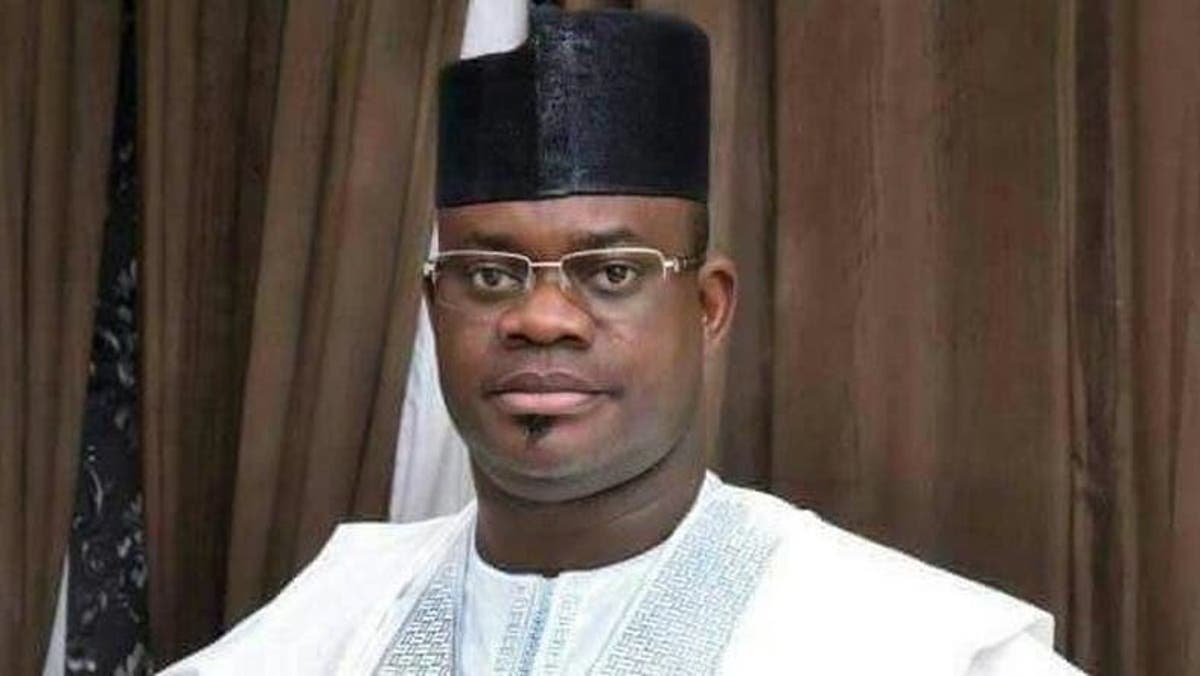Five Controversial Aspects Of Nigerian Press Council Amendment Act

The move by the House of Representatives to amend the Nigerian Press Council (NPC) Act Cap N128, Laws of the Federation of Nigeria 1992, has been generating heated reactions from stakeholders in the media industry. Daily Trust on Sunday, in this report, examines five controversial and contentious aspects of the NPC amendment.
The NPC Amendment Bill is sponsored by Rep Olusegun Odebunmi. Odebunmi doubles as the chairman of the House of Representatives Committee on Information, National Orientation, Ethics and Values, which handled the recent public hearing on the contentious bill.
At the public hearing held on June 17, the Nigerian Press Organisation (NPO), an umbrella body comprising the Newspapers Proprietors Association of Nigeria (NPAN), Nigerian Guild of Editors (NGE), and the Nigerian Union of Journalists (NUJ) opposed the bill and asked the lawmakers to drop it, saying a suit challenging the bill was pending at the Supreme Court.
In the same vein, media rights groups and critical stakeholders in the media industry present at the hearing kicked against any move to infringe on press freedom through the proposed amendment of the NPC Act.
In its presentation, the International Press Centre (IPC) alongside Media Rights Agenda (MRA), Centre for Media Law And Advocacy (CMLA), and the Premium Times Centre For Investigation Journalism (PTCIJ) kicked against moves to infringe on press freedom and media independence in the country.
However, Odebunmi insisted that the committee would proceed with the amendment, describing the bill as a government’s baby.
He said the bill was not meant to gag press freedom but to remove bottlenecks retarding the optimum performance of the NPC, as well as sanitize media practice in the country.
He said the NPC amendment bill was initiated with an independent mind to transform and make the Council move with the current realities in the media industry.
According to him, the proposal for the establishment of a ‘press code’ as proposed in the bill was to protect and guide the Council to checkmate and reduce quackery, fake news, and tackle promoters of hate speech. Notwithstanding the foregoing assurance given by the sponsor of the bill, the following controversial clauses in the bill are still of concern to stakeholders in the media industry.
Powers of the Minister of Information
One contentious area is that which seeks to give more powers to the Minister of Information to control the conduct of print media houses and media practitioners.
Section 3 (c) said: “with the approval of the minister in charge of information, establish and disseminate a national Press Code and standards to guide conduct of print media, related media and media practitioners.
“(d) approve penalties and fines against violation of the Press Code by print media houses and media practitioners, including revocation of license.
“(e) receive, process and consider applications for the establishment, ownership, and operation of print media and other related media houses;
“(f) with the approval of the minister, grant print media and other related licenses to any application considered worthy of such;
“(g) monitor activities of the press, media, and other related media houses to ensure compliance with the National Press Code for professional and ethical conduct, including the Nigerian Union of Journalists.
There are concerns that the above clauses in the amendment would give the Minister of Information undue influence to regulate the media houses and media practitioners in the country, thus jeopardizing free press and independent journalism practice in the country.
For instance, Section 3 (d) said that with the approval of the minister, the council can penalize media houses including revocation of licenses.
Punitive measures for erring media houses, journalists
Other contentious aspects of the amendments are clauses that stipulate various punitive measures against media houses and journalists that violate the National Press Code to be put in place by the council with the approval of the Minister of Information.
Section 3 of the amendment said: “When an offense under this section has been committed by an individual or a body corporate, such a person(s) or body corporate shall be deemed guilty of an offense and liable to be prosecuted against and be punished accordingly. Where any person or body corporate has been convicted of this offense:
“(i) such person or body shall be liable to a fine of five million naira only or three years imprisonment to the person or the promoter (in case of body corporate);
“(ii) to an additional fine of twenty thousand naira for each day during which the offense continues
Section 17(3) said where the medium of information or the journalist so sanctioned does not comply with the council’s decision, the medium or journalist is guilty of an offense and is liable on conviction:
“(a) in case of a body corporate to a fine of one million naira only and
“(b) in case of a journalist to fine of two hundred and fifty thousand naira only and the council shall order the suspension of the journalist from practice for a period not exceeding six months or more.
“(4) where there is a persistent refusal to comply with the directives of the council, the medium or journalist so sanctioned following subsection (1) of this section, commits an offense and is liable on conviction:
“(a) in case of a body corporate to a fine of two million naira only;
“(b) in case of a journalist to a fine of two hundred and fifty thousand naira only;
“(c) in an extreme case, the council shall order the striking out the name of the journalist from the register.”
There are concerns over the aforementioned clauses in the amendment which seek to criminalize journalists and mete out harsh punitive measures against erring media houses and journalists.
The implication is that many journalists and media houses would lose their independence and operate at the whims of government for fear of being penalized.
Beside the heavy fines stipulated above, the council could also stop erring journalists from practice and also withdraw licenses of media houses.
Registration of print media houses
Another contentious aspect is that which seeks to criminalize the operations of media outfits that are not registered with the council.
Section 33 (1) of the amendment said: “Any person (s) who, without documentation with the council owns, publishes or prints a newspaper, magazine or journal, commits an offense and is liable on conviction to a fine of five million naira or a term of three years imprisonment or both and to an additional fine of twenty thousand naira for every day the offense continues.”
The above clause implies that the council would wield an overwhelming influence in deciding which medium to be registered to operate and which to be denied registration. Thus, muzzling of the press is imminent, should this bill becomes law.
Criminalization of newspapers’ vendors
Beside the above, Subsection 2 of 33 also criminalizes vendors that circulate any newspaper, magazine, or journal that is not registered with the council. They are liable to pay a fine of N250,000 upon conviction and term of one-year imprisonment or both.
Penalty for fake news purveyors
Another contentious section is that which seeks to criminalize fake news purveyors.
Section 33 (3) said: “Any person who carried news established to be fake news thereafter, commits an offense and is liable on conviction to a fine of five million naira or two years imprisonment or both and compensation of two million payable to the person (s), group(s) corporate body (s), government or any of its agencies who the news was carried against
(4) Any print media houses whose medium was used to carry such news as specified in subsection 3 of this section is liable on conviction to a fine of 10 million naira or closure of such medium for one year or both and compensation of twenty million naira payable to the person (s), group(s) corporate body (s), government or any of its agencies who the news was carried against.
There are equally concerns over the following sections as there is no clear definition of what constitutes fake news and who determines what fake news is.
It means that the government and powers that be could hide in the guise of fake news to clamp down on print media houses and journalists that carry news which they consider or adjudged to be “fake news.”
Besides, the heavy fines of N10 million and compensation of N20 million to be slammed on erring media houses as stipulated in the bill are believed to move to put media houses under pressure from holding the powers that be accountable as enshrined in the constitution of the country.
It is worthy of note that Section 22 of the 1999 Constitution of the Federal Republic of Nigeria (As amended) states that the press, radio, television, and other agencies of the mass media shall at all times be free to uphold the fundamental objectives contained in this chapter and uphold the responsibility and accountability of the government to the people.
For the press to be able to hold the government accountable as the watchdog of the society, it must be free and independent to operate without encumbrances from the powers that be.
In the final analysis, there are general concerns that the greater part of the clauses inserted in the NPC amendment bill if passed into law would infringe on free and independent journalism practice in the country as pointed out by media rights groups and other stakeholders in the media industry during the public hearing on the bill.
This article was first published in Daily Trust.
The Insight Report
Nigeria Coverage



